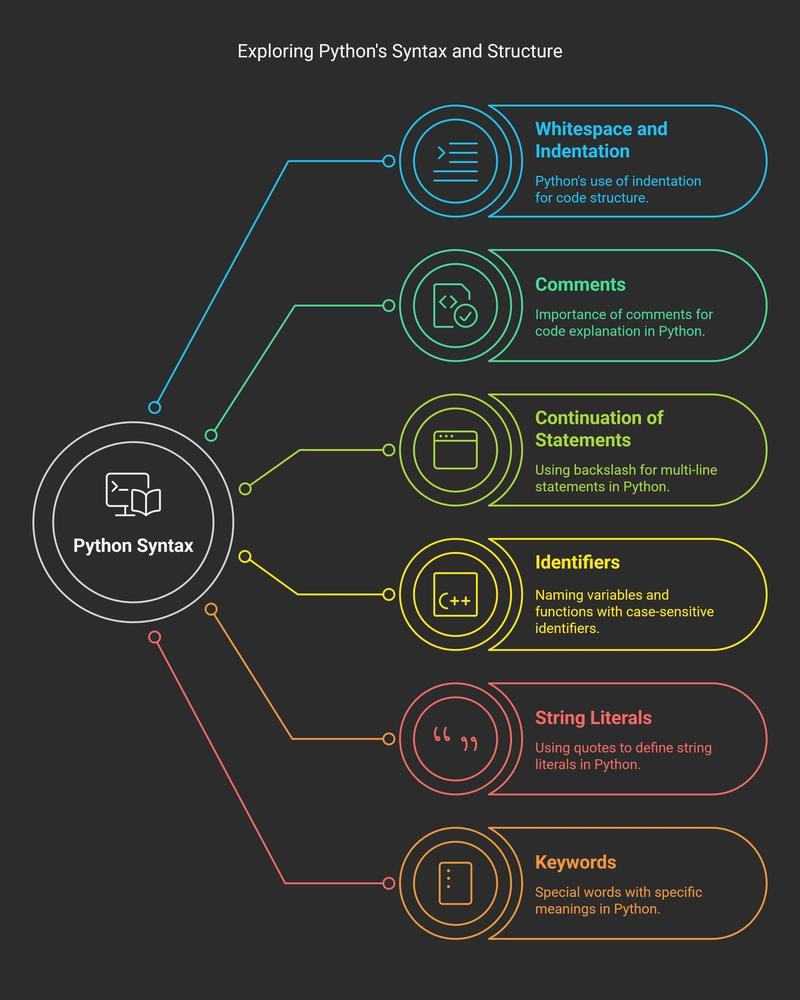Testing Angular HTTP Services using Jest
The tests check if the HTTP service works correctly by: Making fake API calls (GET/POST) Returning test data Handling errors properly All without using real internet connections This ensures the service works as expected before using it in real apps. data-http-service.ts import { Injectable, inject } from '@angular/core'; import { HttpClient } from '@angular/common/http'; import { Observable } from 'rxjs'; const API_URL = 'https://api.example.com/data'; @Injectable({ providedIn: 'root' }) export class DataHttpService { http = inject(HttpClient); getData(): Observable { return this.http.get(API_URL); } postData(payload: unknown): Observable { return this.http.post(API_URL, payload); } } data-http-service.spec.ts import { TestBed } from '@angular/core/testing'; import { HttpClientTestingModule, HttpTestingController } from '@angular/common/http/testing'; import { DataHttpService } from './data-http.service'; describe('DataHttpService', () => { let service: DataHttpService; let httpMock: HttpTestingController; const API_URL = 'https://api.example.com/data'; const mockData = { id: 1, name: 'Test Data' }; beforeEach(() => { TestBed.configureTestingModule({ imports: [HttpClientTestingModule], providers: [DataHttpService] }); service = TestBed.inject(DataHttpService); httpMock = TestBed.inject(HttpTestingController); }); afterEach(() => { httpMock.verify(); // Verify no outstanding requests }); it('should be created', () => { expect(service).toBeTruthy(); }); describe('.getData', () => { it('should make GET request and return data', () => { service.getData().subscribe(data => { expect(data).toEqual(mockData); }); const req = httpMock.expectOne(API_URL); expect(req.request.method).toEqual('GET'); req.flush(mockData); }); it('should handle GET errors', () => { const mockError = { status: 404, statusText: 'Not Found' }; service.getData().subscribe({ next: () => fail('Should have failed'), error: (error) => { expect(error.status).toEqual(mockError.status); } }); const req = httpMock.expectOne(API_URL); req.flush(null, mockError); }); }); describe('.postData', () => { it('should make POST request with payload', () => { const testPayload = { data: 'test' }; service.postData(testPayload).subscribe(data => { expect(data).toEqual(mockData); }); const req = httpMock.expectOne(API_URL); expect(req.request.method).toEqual('POST'); expect(req.request.body).toEqual(testPayload); req.flush(mockData); }); it('should handle POST errors', () => { const testPayload = { data: 'test' }; const mockError = { status: 500, statusText: 'Server Error' }; service.postData(testPayload).subscribe({ next: () => fail('Should have failed'), error: (error) => { expect(error.status).toEqual(mockError.status); } }); const req = httpMock.expectOne(API_URL); req.flush(null, mockError); }); }); });
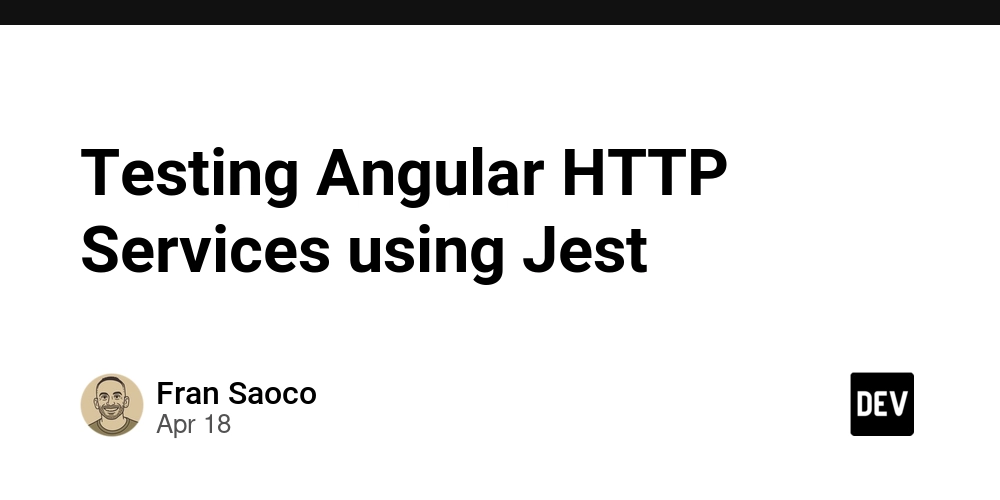
The tests check if the HTTP service works correctly by:
- Making fake API calls (GET/POST)
- Returning test data
- Handling errors properly
- All without using real internet connections
This ensures the service works as expected before using it in real apps.
data-http-service.ts
import { Injectable, inject } from '@angular/core';
import { HttpClient } from '@angular/common/http';
import { Observable } from 'rxjs';
const API_URL = 'https://api.example.com/data';
@Injectable({
providedIn: 'root'
})
export class DataHttpService {
http = inject(HttpClient);
getData(): Observable<unknown> {
return this.http.get<unknown>(API_URL);
}
postData(payload: unknown): Observable<unknown> {
return this.http.post<unknown>(API_URL, payload);
}
}
data-http-service.spec.ts
import { TestBed } from '@angular/core/testing';
import { HttpClientTestingModule, HttpTestingController } from '@angular/common/http/testing';
import { DataHttpService } from './data-http.service';
describe('DataHttpService', () => {
let service: DataHttpService;
let httpMock: HttpTestingController;
const API_URL = 'https://api.example.com/data';
const mockData = { id: 1, name: 'Test Data' };
beforeEach(() => {
TestBed.configureTestingModule({
imports: [HttpClientTestingModule],
providers: [DataHttpService]
});
service = TestBed.inject(DataHttpService);
httpMock = TestBed.inject(HttpTestingController);
});
afterEach(() => {
httpMock.verify(); // Verify no outstanding requests
});
it('should be created', () => {
expect(service).toBeTruthy();
});
describe('.getData', () => {
it('should make GET request and return data', () => {
service.getData().subscribe(data => {
expect(data).toEqual(mockData);
});
const req = httpMock.expectOne(API_URL);
expect(req.request.method).toEqual('GET');
req.flush(mockData);
});
it('should handle GET errors', () => {
const mockError = { status: 404, statusText: 'Not Found' };
service.getData().subscribe({
next: () => fail('Should have failed'),
error: (error) => {
expect(error.status).toEqual(mockError.status);
}
});
const req = httpMock.expectOne(API_URL);
req.flush(null, mockError);
});
});
describe('.postData', () => {
it('should make POST request with payload', () => {
const testPayload = { data: 'test' };
service.postData(testPayload).subscribe(data => {
expect(data).toEqual(mockData);
});
const req = httpMock.expectOne(API_URL);
expect(req.request.method).toEqual('POST');
expect(req.request.body).toEqual(testPayload);
req.flush(mockData);
});
it('should handle POST errors', () => {
const testPayload = { data: 'test' };
const mockError = { status: 500, statusText: 'Server Error' };
service.postData(testPayload).subscribe({
next: () => fail('Should have failed'),
error: (error) => {
expect(error.status).toEqual(mockError.status);
}
});
const req = httpMock.expectOne(API_URL);
req.flush(null, mockError);
});
});
});









































































































































































![[The AI Show Episode 144]: ChatGPT’s New Memory, Shopify CEO’s Leaked “AI First” Memo, Google Cloud Next Releases, o3 and o4-mini Coming Soon & Llama 4’s Rocky Launch](https://www.marketingaiinstitute.com/hubfs/ep%20144%20cover.png)

















































































































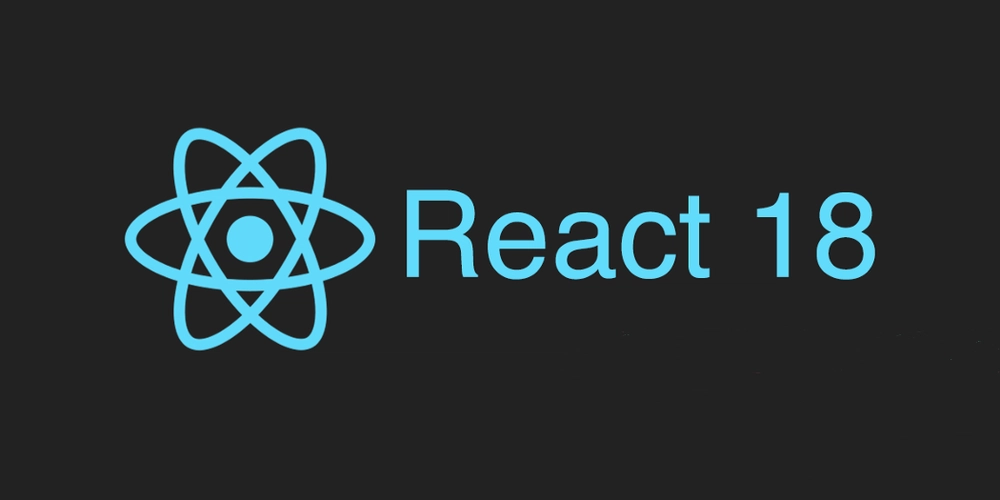










![[DEALS] The All-in-One Microsoft Office Pro 2019 for Windows: Lifetime License + Windows 11 Pro Bundle (89% off) & Other Deals Up To 98% Off](https://www.javacodegeeks.com/wp-content/uploads/2012/12/jcg-logo.jpg)



























![Is this too much for a modular monolith system? [closed]](https://i.sstatic.net/pYL1nsfg.png)










































































































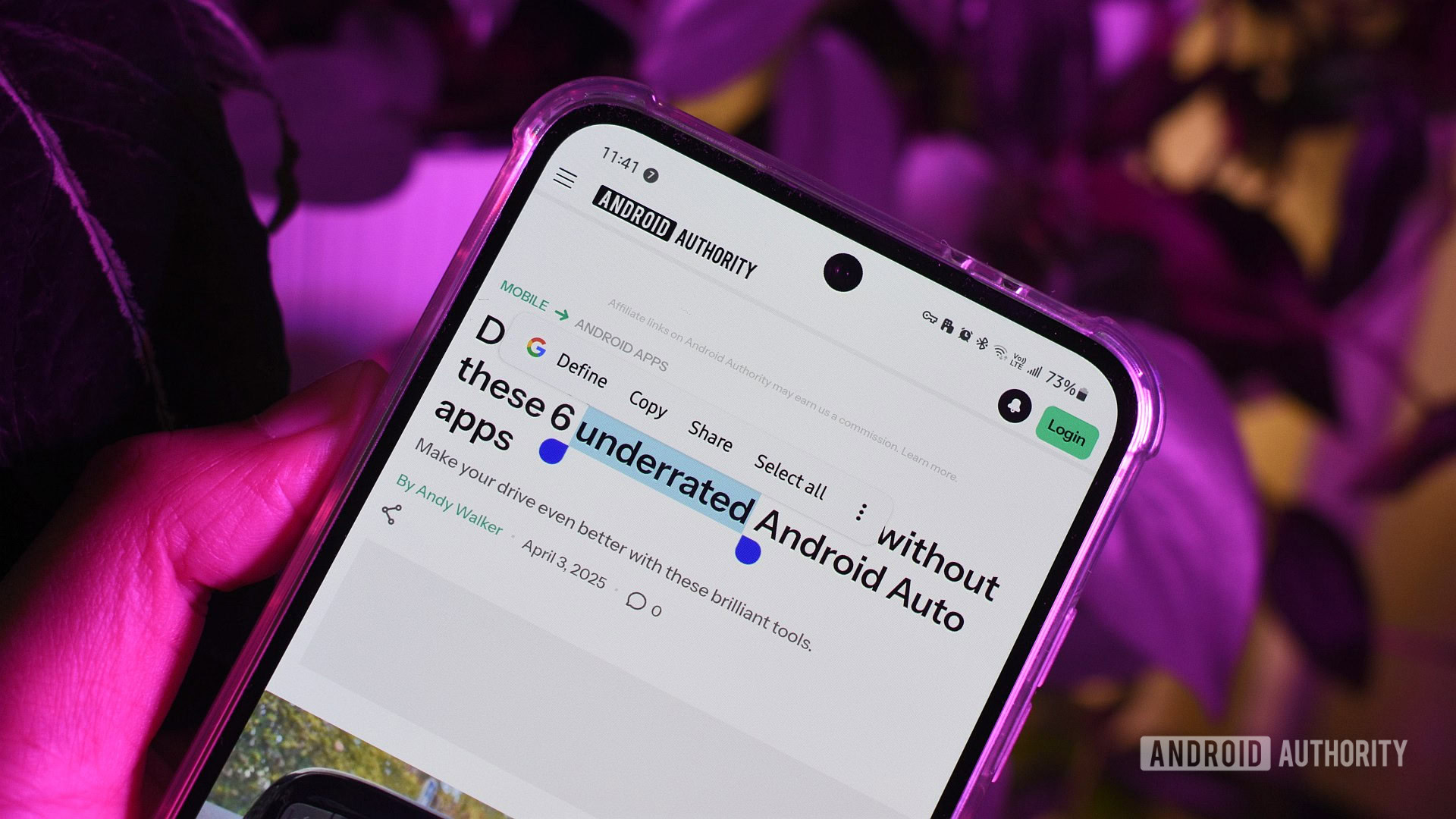











_Andreas_Prott_Alamy.jpg?width=1280&auto=webp&quality=80&disable=upscale#)









































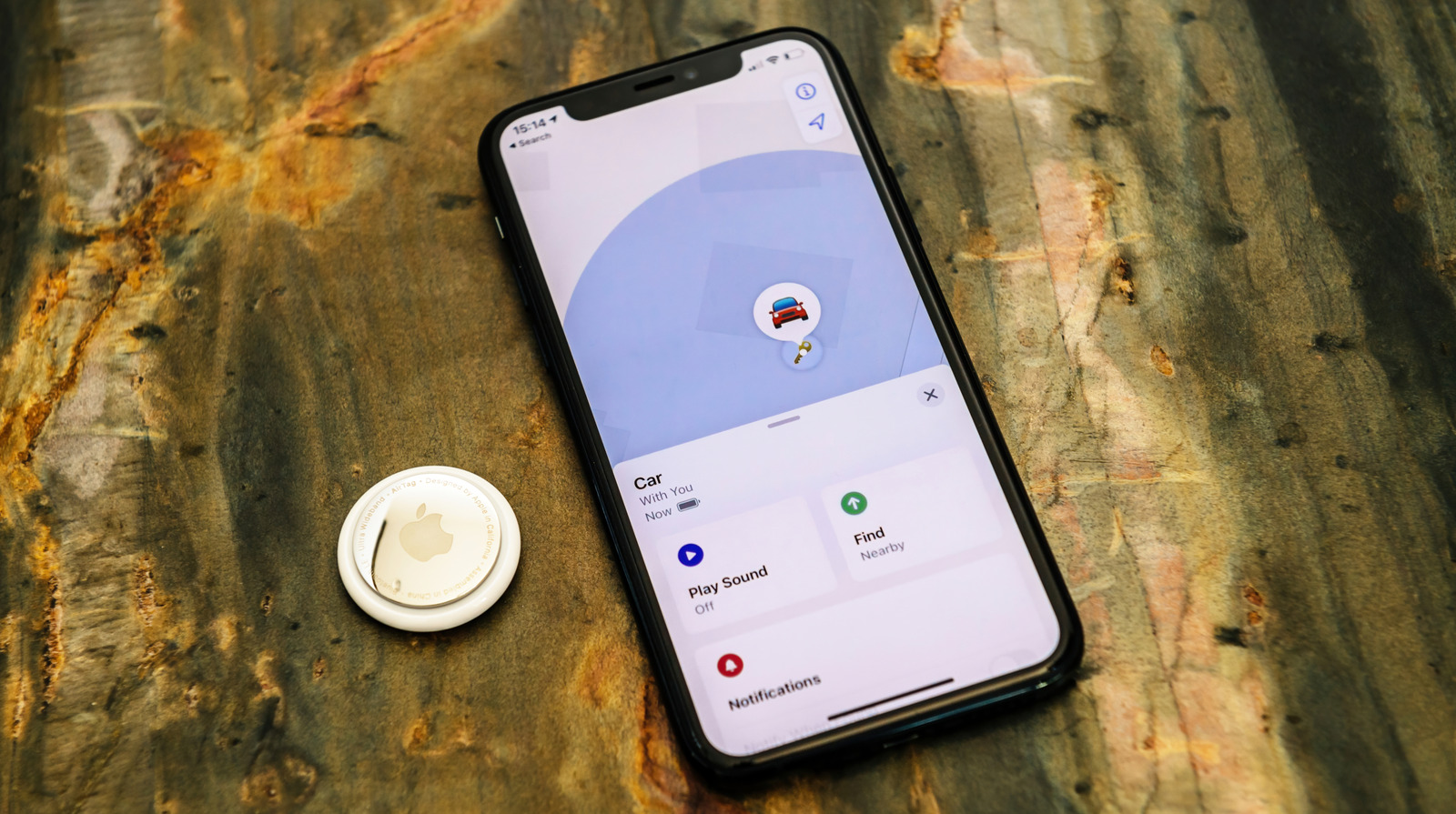






















































![What features do you get with Gemini Advanced? [April 2025]](https://i0.wp.com/9to5google.com/wp-content/uploads/sites/4/2024/02/gemini-advanced-cover.jpg?resize=1200%2C628&quality=82&strip=all&ssl=1)













![Apple Shares Official Trailer for 'Long Way Home' Starring Ewan McGregor and Charley Boorman [Video]](https://www.iclarified.com/images/news/97069/97069/97069-640.jpg)
![Apple Watch Series 10 Back On Sale for $299! [Lowest Price Ever]](https://www.iclarified.com/images/news/96657/96657/96657-640.jpg)
![EU Postpones Apple App Store Fines Amid Tariff Negotiations [Report]](https://www.iclarified.com/images/news/97068/97068/97068-640.jpg)
![Apple Slips to Fifth in China's Smartphone Market with 9% Decline [Report]](https://www.iclarified.com/images/news/97065/97065/97065-640.jpg)


































































































































